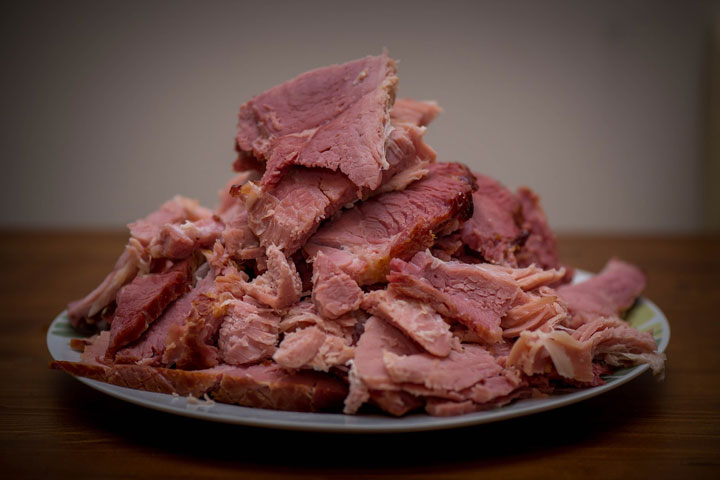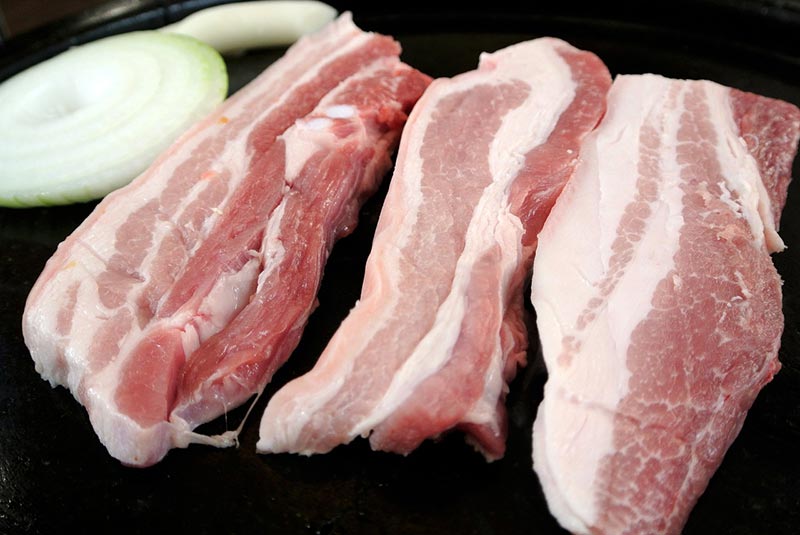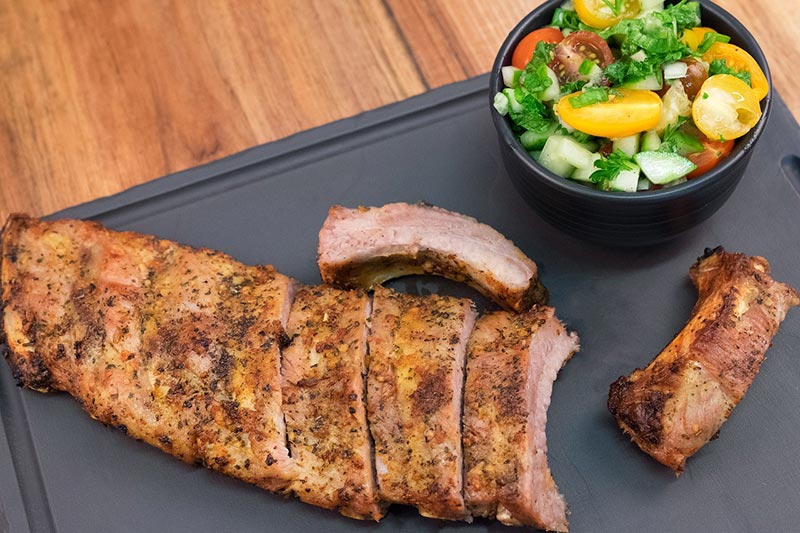
People are eating more meat than ever, but how does meat production impact the environment?
Even as we struggle with a shaky economy, we’re seeing more meat consumption worldwide. This is partly because more people in developing countries are eating meat. As food prices rise, another worrisome trend in meat consumption is that people are consuming cheaper cuts of meat. That tends to mean meat from factory farms and low-quality meats that are more unhealthy than their leaner counterparts.
5 Reasons to Eat Less Meat
We know that too much meat is unhealthy for your body, but it turns out that producing the meat you eat isn’t so hot for the planet, either. Here are just a few of the environmental impacts of eating meat:
- Efficiency. Rather than directly eating beans and grains, we have to grow these plants to feed to livestock, which uses more land, more water, and more fossil fuels.
- Deforestation. All of those animals have to live somewhere, and when farmers need more land to raise livestock they sometimes do so at the detriment of forests. In fact, a 2009 study found that 80 percent of Amazon deforestation was linked to raising cows.
- Antibiotic resistance. Factory farming operations rely heavily on antibiotics to keep their animals healthy and help them produce more meat per animal. This antibiotic abuse is already breeding antibiotic resistant strains of bacteria.
- Water pollution. Factory farming methods are notorious for water pollution. According to the NRDC, these concentrated animal feeding operations (CAFOs) can produce as much sewage waste as a small city!
- Fossil fuels. Conventional agriculture in general is very fossil-fuel intensive, and meat production is incredibly wasteful. It takes eight times the fossil fuels to produce meat than to produce plant-based proteins, like beans and corn.
Opting for meat from smaller-scale, non-industrial farms can help mitigate some of the problems above. Ditching the CAFO meat means paying more, and a good way to mitigate the increased cost is to eat less meat or even cut it out of your diet all together. I know that giving meat up completely isn’t for everyone, but even replacing a few meals a week with meatless ones can make a difference!
If you are looking to cut back or cut out the meat, check out some of these vegan cooking tips for beginners to help get you started. A couple of good vegan or vegetarian cookbooks can be a big help in transitioning to a less meat-intensive diet, too!






Leave a Reply